
Why Link Building for France Needs a Local Approach
If you’re trying to build links for a French website—or even a global brand targeting the French market—you can’t just copy-paste a generic link building strategy. Trust me, I’ve tried. And it doesn’t work.
France has its own digital culture, its own SEO norms, and yes, its own rules for what ranks and what doesn’t.
So, if you’re wondering why link building for France requires a unique approach, this section will lay the foundation before we dive into the tactical stuff.
Why Country-Specific SEO Matters (Especially in France)
Let’s start with the basics. Search engine algorithms adapt based on user behavior and regional content relevance. That means what works for SEO in the U.S. or India might flop in France.
Here’s why:
Language is everything – A backlink from a French-language site has more weight than an English one (if you’re targeting Google.fr).
User behavior is different – French users trust .fr domains more than global ones.
Local laws & GDPR – You can’t just blast outreach emails in France without following privacy norms. Outreach without consent? Big no-no.
From anchor text to domain extensions, every small detail plays a role in building authority on French search engines.
What Makes the French SEO Landscape Unique?
France isn’t just another European country—it has a distinct internet culture, legal framework, and media ecosystem.
Here’s what stands out:
Most high-authority sites are government-backed, news portals, or institutional domains like .gouv.fr, .edu.fr, or .org.fr.
French directories like PagesJaunes and Kompass are still incredibly relevant for local SEO.
Politeness matters – Cold outreach in France isn’t just about pitching. You need to respect local etiquette and often build relationships first.
French searchers are less influenced by spammy links, so quality trumps quantity.
What This Blog Will Cover (And Why You’ll Love It)
You’re not here for fluff—and I respect that.
In this guide, we’ll walk through real strategies that work for link building in the French market. Whether you’re an agency, freelancer, or business owner, here’s what you’ll gain:
- Proven ways to build links using French directories, blogs, and forums
- How to craft outreach emails that actually get replies in France
- Tools to audit and analyze your French backlinks
- Mistakes most people make (and how to avoid them)
- Insider tips from working with .fr domains and local influencers
You’ll finish this blog with a clear roadmap—and zero confusion—on how to dominate off-page SEO in France.
Understanding the French SEO Ecosystem
If you’re aiming to rank on Google.fr, then it’s time to stop thinking globally for a moment—and start thinking locally. SEO in France isn’t just about throwing in a few French keywords. It’s about understanding how French users behave online, how Google interprets local intent, and what kind of websites actually build trust in the French digital landscape.
Let’s break it down.
Google.fr Is Not Just Google with a French Accent
Many people assume that Google.fr is just the French version of Google.com—but that’s only half the story. Sure, the core algorithm is the same, but how it ranks content depends on local signals.
Here’s what matters most:
- Content written in native French
- Backlinks from French websites or .fr domains
- Local relevance — Is your site talking about things French people care about?
French IP hosting or geo-targeting settings in Google Search Console
When Google sees that your site is built for France, not just translated into French, that’s when it rewards you.
The Power of Local Language and Content Relevance
Let me be real with you—Google cares deeply about language accuracy and cultural context.
It’s not enough to use tools like Google Translate and hope for the best. Native French speakers spot poor grammar instantly—and so does Google.
Here’s what you need to keep in mind:
Write content in native-level French, ideally by a French copywriter or editor.
Use local slang, idioms, and references that French readers resonate with.
Align your content with seasonal and cultural trends in France (yes, even holidays and national events can influence search trends).
This level of detail helps establish experience and trust—core pillars of Google’s E-E-A-T principles.
Top-Level French Domains and Trusted Authority Sites
If you’re serious about link building in France, you need to know which domains carry real weight in the local ecosystem.
Here are some of the most trusted French domains that influence SEO in France:
- .fr domains (especially older, established ones)
- PagesJaunes.fr – France’s version of Yellow Pages
- LeMonde.fr – A leading French news outlet
- INSEE.fr – France’s official statistics site (great for data backlinks)
- Chambres de Commerce (.cci.fr) – Local business directories
- Gouv.fr – Government websites (extremely authoritative)
These sites have strong authority not just because of backlinks, but because they’re deeply rooted in the French web environment. A mention or citation from one of these can do wonders for your Google.fr ranking.
TL;DR – Why Understanding French SEO Culture Is Non-Negotiable
Here’s a quick snapshot of what separates French SEO from the rest:
- Language is critical – go beyond translation
- Use .fr domains whenever possible
- Location matters – target local search intent
- Trust French news, education, and government sources for authority
- Understand user behavior – trust and credibility > aggressive link spam
Why Generic Link Building Doesn’t Work in France
If you’ve ever tried applying a one-size-fits-all link building strategy to a French website, you’ve probably realized something feels… off. The links may go live, but the rankings don’t move. That’s because France plays by its own rules—culturally, linguistically, and legally. And unless you adapt, your efforts won’t gain traction on Google.fr.
In this section, I’ll explain exactly why generic link building falls flat in France, and what you need to do instead.
Cultural and Linguistic Barriers: It’s More Than Just Translation
One of the most common link building mistakes I see is assuming that a French version of your English strategy will work the same way. It doesn’t.
French users value clarity, professionalism, and native fluency in content. A poorly written outreach email or blog post—even if it’s in French—will be dismissed instantly. Worse, it can damage your credibility.
Here’s where cultural missteps usually happen:
- Using informal or overly casual language in professional communication
- Sending mass outreach emails without personalization (considered spammy in France)
- Ignoring the French preference for quality content and meaningful partnerships over transactional link swaps
- To build real trust and authority, your link building needs to match the tone and expectations of the French digital audience.
GDPR and French SEO Laws: You Can’t Ignore Compliance
France takes privacy seriously—very seriously. Under GDPR regulations, you can’t just scrape emails and send bulk pitches. Doing so not only ruins your brand’s image but also risks legal consequences.
If you’re building links through outreach or guest posting, keep these guidelines in mind:
- Always get explicit consent before adding someone to a mailing list or sending a cold pitch.
- Be transparent about who you are, why you’re reaching out, and how their site fits your content.
- If you’re outsourcing link building, make sure your team understands GDPR basics. Many people outside Europe don’t.
Compliance isn’t just about following rules—it’s about building long-term trust with site owners and audiences.
Why Local Credibility Matters More Than You Think
In many countries, domain authority alone can get your site ranking. In France, local link quality matters just as much—if not more.
French businesses and bloggers are more selective about who they link to. They want to see that you’re part of the local ecosystem, not just another foreign site hunting backlinks.
To build local trust, focus on:
- Getting featured on local directories and French business listings
- Contributing guest posts to niche-relevant French blogs
- Earning links from .fr domains or France-hosted websites
- Writing content that shows your understanding of the French market
This is where many international marketers fail—they chase volume instead of local relevance. But Google.fr sees through that.
Common Mistakes to Avoid in French Link Building
If you’re just starting out, here’s a quick list of what not to do when targeting the French market:
- Using automatic translation tools for content or email outreach
- Buying links from irrelevant or spammy sites (Google.fr is stricter on this.
- Ignoring GDPR compliance in email communication
- Linking from non-French or low-quality international domains
- Skipping out on proper relationship building with French site owners
- These mistakes can cost you valuable time, reputation, and ranking potential.
Best Link Building Strategies for France
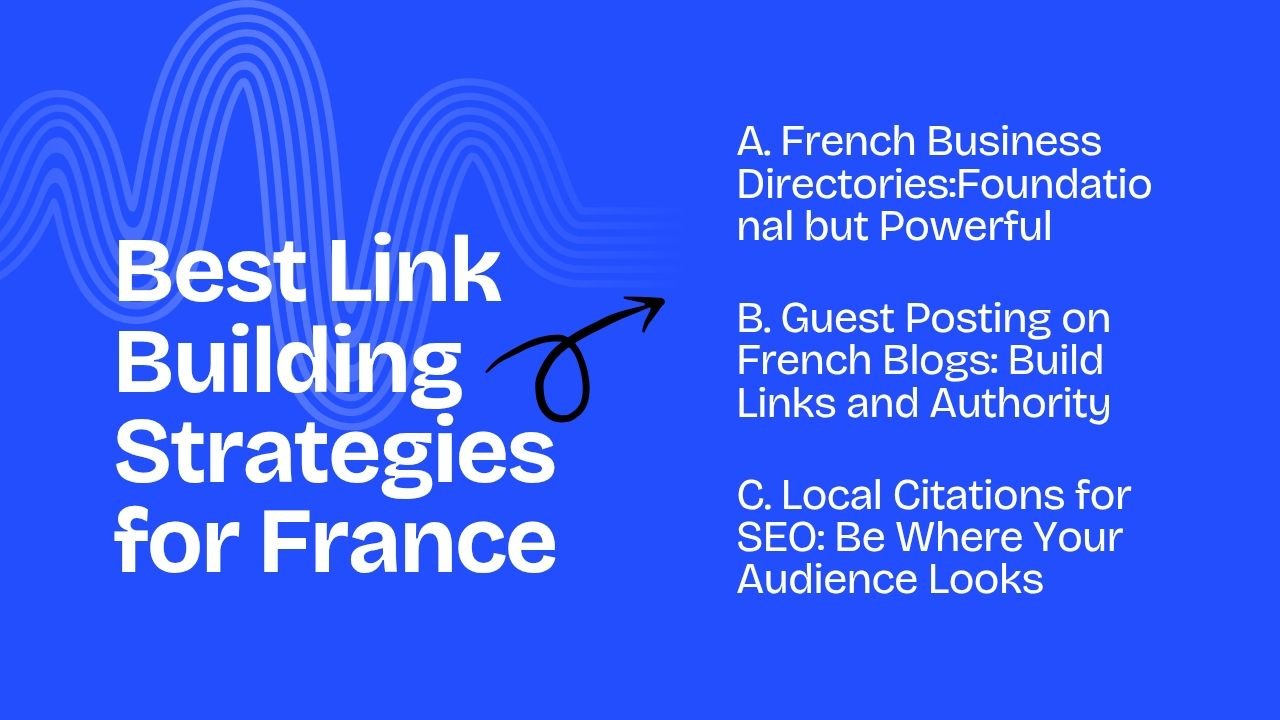 So now that we’ve covered why the French SEO landscape is unique, let’s get into the good stuff—what actually works when it comes to building high-quality, local backlinks in France.
So now that we’ve covered why the French SEO landscape is unique, let’s get into the good stuff—what actually works when it comes to building high-quality, local backlinks in France.
I’m not going to throw out generic tactics here. These are field-tested strategies that align with Google’s E-E-A-T principles and are tailored specifically for local SEO in France.
a. French Business Directories: Foundational but Powerful
If you’re targeting local citations in France, the first step is getting listed in reputable business directories. While directory submissions might feel outdated to some, they’re still extremely relevant in the French market—especially for B2B businesses and local service providers.
Here are some trusted French business directories to start with:
- PagesJaunes.fr – The French equivalent of Yellow Pages. Highly trusted, widely used.
- Kompass.fr – A strong platform for B2B exposure in France and Europe.
- Europages.fr – Useful if you’re a French business that also wants some international reach.
- Indexa.fr, Annuaire.com, Hotfrog.fr – Niche and general directories with strong local SEO value.
Make sure your NAP (Name, Address, Phone number) is consistent across all listings.
b. Guest Posting on French Blogs: Build Links and Authority
Guest posting in France is not just about dropping a backlink—it’s about earning trust in the local market. Blog owners in France typically expect a more personalized and respectful approach compared to the mass outreach you might be used to.
Here’s how to do it right:
Use Google in French: Search terms like site:.fr “article invité” or “rédacteur invité” to find blogs that accept guest posts.
Look for niche blogs in industries like travel, food, tech, fashion, or finance—all of which have active French blog communities.
Write your pitch in fluent French, with a clear value proposition.
Respect tone and culture—avoid sounding salesy or overly self-promotional.
Pro tip: Even if you’re not fluent in French, hire a translator or native writer to review your pitch and content. It pays off.
c. Local Citations for SEO: Be Where Your Audience Looks
Local citations in France can significantly boost your visibility in local search results, especially if you serve a specific city or region.
Great places to earn local citations include:
Local chamber of commerce websites (.cci.fr domains)
Tourism and regional business sites for your specific area (e.g., provence-entrepreneurs.fr)
Niche-specific French directories (legal, medical, education, etc.)
Each listing not only strengthens your local presence but also tells Google: “Hey, I’m relevant to this region.” That’s crucial for Google.fr rankings.
d. Leverage French Forums & Q&A Platforms
Forums in France are alive and thriving. And guess what? They’re an excellent opportunity for earning contextual backlinks—if you use them the right way.
Some active platforms you should explore:
- Commentçamarche.net – A highly active Q&A site covering tech, software, and general life advice.
- Jeuxvideo.com forums – Despite being gaming-focused, the forums host thousands of daily discussions across various categories.
- Reddit France – Communities like r/france or city-specific subreddits (e.g., r/Paris) are great for localized engagement.
Be helpful. Be consistent. And only link when it adds value to the discussion. Over-promotion will get you flagged or banned.
Summary: Smart, Sustainable Link Building for France
Here’s a quick recap of the most effective link building strategies in France:
- Submit to high-trust business directories like PagesJaunes and Kompass
- Pitch quality guest posts to niche-relevant French blogs
- Claim and optimize local citations in French chambers of commerce and industry sites
- Engage on French forums and Q&A platforms—add value first, link second.
- Each of these strategies not only helps you earn backlinks but also positions your brand as credible and relevant in the French market.
Using .FR Domains and Local Hosting for Better SEO in France
If you’re trying to rank on Google.fr, one of the most underrated (yet powerful) moves you can make is to go local with your domain and hosting. In other words, consider using a .fr domain and host your site on servers located in France.
It may sound technical, but these changes send strong signals to Google—and your French audience—that your site belongs in their search space.
Let’s break down why this matters and how you can use it to your advantage.
Why .FR Domains Carry More Weight in French SEO
Search engines are smart, but they still rely on signals to determine location relevance. One of the strongest trust signals in France is a .fr domain name. It’s like a stamp of local credibility.
When users see a .fr extension, they instinctively associate it with a local business, blog, or brand. And more importantly, so does Google.fr.
Here’s how a .fr domain helps your SEO:
- Boosts click-through rates from French users who prefer local results
- Improves geo-targeting accuracy in Google Search Console
- Helps you gain backlinks from other .fr domains, increasing local authority
- Builds trust with your audience—especially in regulated industries like finance, health, or legal
If you’re running a French business or targeting a French-speaking audience, using a .fr domain isn’t optional—it’s strategic.
Local Hosting: A Quiet Ranking Signal with a Big Impact
While many SEOs obsess over content and backlinks (and rightly so), server location is often overlooked. But in local SEO, especially in competitive markets like France, it still plays a role.
When your website is hosted in France, it reduces load times for French users and confirms to Google that your content is locally accessible and relevant.
I’ve personally seen improvements in ranking consistency and crawl speed when switching from generic European hosting to France-based servers. It’s not a magic bullet, but it does strengthen your local footprint.
Quick Checklist: Making Your Website Locally Optimized
If you want to align your website with Google.fr ranking preferences, here’s what you should consider:
- Use a .fr domain if you operate or serve clients in France
- Host your site on French servers or choose a CDN with nodes in France
- Set geo-targeting in Google Search Console for France
- Use a French IP address when possible
- Display your business address in France clearly on your website
These steps may seem small individually, but together, they create a strong location relevance signal that helps your site perform better in local search results.
Influencer Outreach, SEO Tools, and a Real Case Study: What Works in France
So far, we’ve covered the what and why of link building for France—but what about the how? From building relationships with local influencers to analyzing your backlink profile and learning from successful case studies, this section brings it all together.
Let’s walk through three powerful pillars of effective link building for Google.fr.
Influencer Outreach in France: The Right Way to Do It
You’ve probably heard that influencer marketing can be a goldmine for backlinks and visibility. That’s true—but in France, how you approach influencers makes all the difference.
French Digital Etiquette: Respect First, Results Later
In my experience, outreach in France requires a much more formal tone than in English-speaking markets. While Americans might appreciate a punchy, casual email, a French influencer will expect politeness, clarity, and purpose.
Here’s what works:
- Start your email with a formal greeting: Use “Bonjour” and always address them with “vous” (not “tu”).
- Be upfront about who you are, why you’re reaching out, and what’s in it for them.
Never rush the pitch—French professionals tend to value relationship-building over transactional offers.
Microbloggers Are Underrated
While big influencers demand high rates, microbloggers in France (1k–10k followers) often deliver better engagement and are more open to backlink collaborations—especially if your content aligns with their niche.
Tip: Look for microbloggers on platforms like Instagram, Medium.fr, LinkedIn France, or personal .fr blogs in your industry. Offer value before asking for a link.
Tools to Analyze Backlinks in the French Market
Tracking your backlink progress in France isn’t just a good idea—it’s essential. The tools you use can make or break your campaign’s performance.
My Go-To SEO Tools for the French Market
Here’s a breakdown of what I personally use (and recommend):
1.Ahrefs
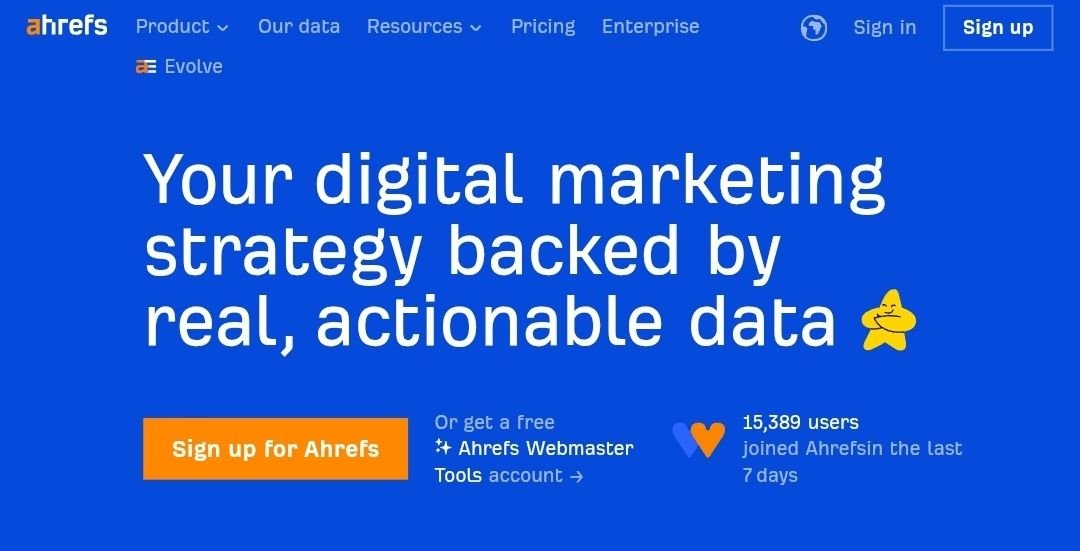
Use location filters to identify backlinks from .fr domains or French-language websites. The “Link Intersect” feature is great for discovering where your competitors are getting links from.
2.SEMrush
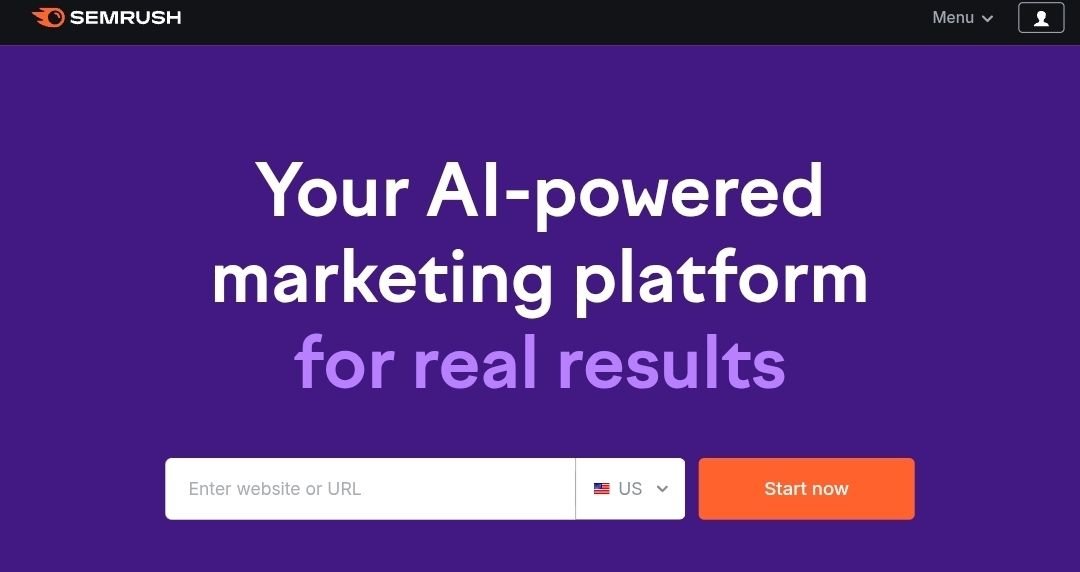
Their local SEO toolkit includes backlink analytics with region-based filters. Great for ongoing tracking and competitive research.
3.Screaming Frog SEO Spider
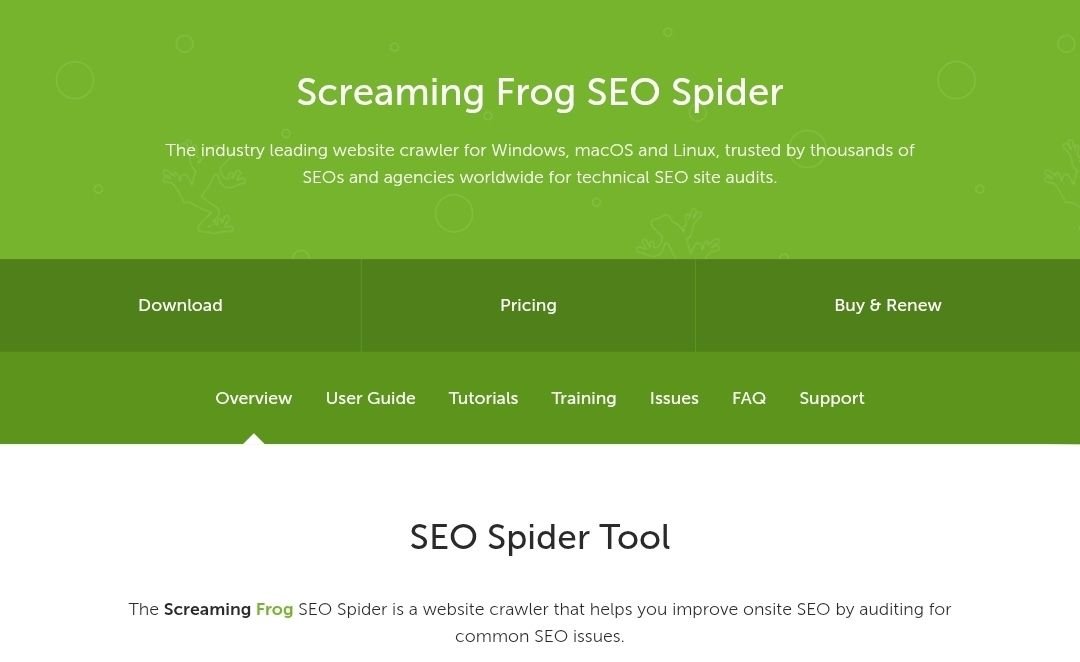
Use it to crawl French sites and evaluate internal link structure, outbound links, and overall site health. Pair this with Google Search Console data for best results.
4.Majestic SEO
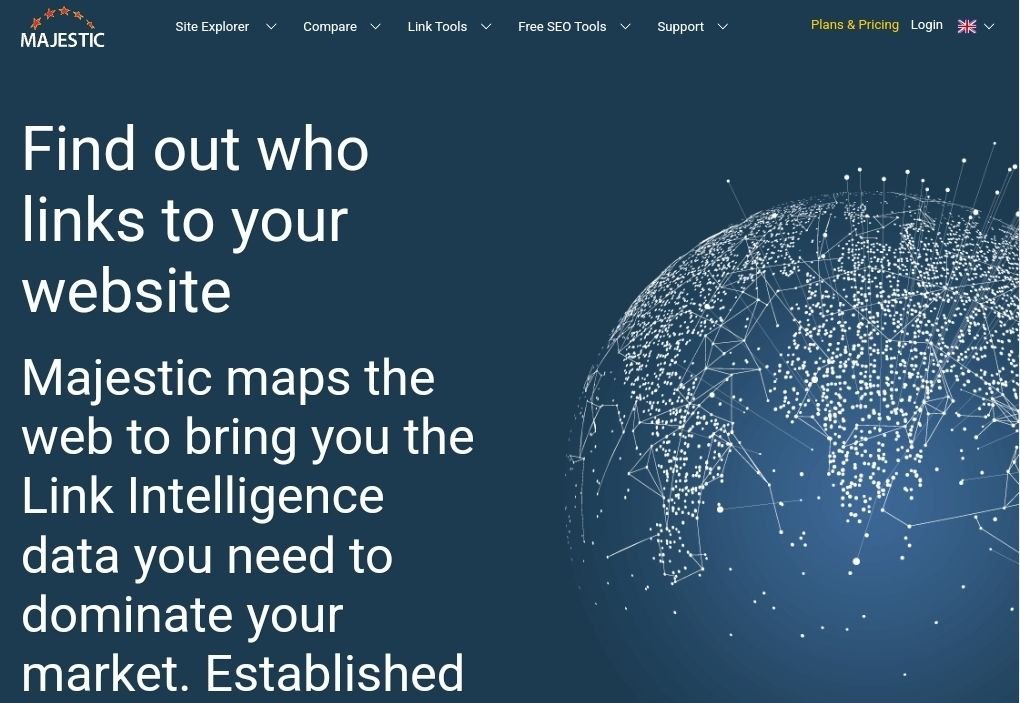
While often overlooked, it’s helpful for seeing Trust Flow and Citation Flow specifically from local sources.
Regular analysis helps ensure you’re not just building links—but building relevant, high-quality ones that actually improve your Google.fr rankings.
A Real-World Case Study: Ranking on Google.fr with Local Links
Let me share a real-world scenario (anonymized for privacy) that illustrates what happens when you apply these strategies correctly.
The Setup
A small eco-friendly skincare brand based in Lyon wanted to expand its visibility in the French market. They had good on-page SEO but weren’t ranking for local queries like “crème hydratante bio France” or “soins naturels visage Lyon.”
What We Did
- Secured local backlinks from French eco-beauty blogs and niche directories
- Published guest posts on lifestyle and health blogs in French
- Created French-language content with geo-specific landing pages (e.g., “Skincare for Parisians”)
- Got featured in a local startup roundup article on LeFigaro.fr, which brought high authority and trust
- Used .fr domain and switched to a France-based hosting provider
The Results
Within 3 months:
- Organic traffic from France increased by 75%
- Keywords like “cosmétique naturelle France” hit the first page on Google.fr
- Domain Rating (DR) improved by 12 points, primarily from locally relevant backlinks
This case proves what we’ve been saying: localized, ethical link building works—especially when backed by tools, etiquette, and relevance.
Link Building Mistakes to Avoid in France
Even the most well-meaning SEO professionals can mess things up if they don’t truly understand the French market. Link building in France is not just about building links—it’s about building relevance and trust in the right way.
Let’s go over a few of the most common mistakes I see when people try to apply a global link-building strategy without tailoring it to France.
1. Not Translating Anchor Text Properly
Anchor text matters—a lot. If your backlinks from French sites still use English anchor text, you’re sending mixed signals to Google.fr. Worse, it can look unnatural to both search engines and human readers.
Always ensure your anchor text:
- Is written in fluent, native French
- Reflects natural search intent in the local language
- Matches the surrounding content’s tone and topic
For example, linking with “buy skincare products” on a French blog? That’s a red flag. Instead, use something like “acheter des soins pour la peau.”
2. Ignoring Cultural Context
France isn’t just another market—it’s a culture. If your content, outreach emails, or backlinks feel disconnected from that culture, French site owners (and Google) will pick up on it fast.
Mistakes I’ve seen:
- Overly casual outreach that lacks formality
- Generic guest posts with zero local relevance
- Linking to pages that aren’t even translated into French
Tip: Even if you’re a global brand, speak directly to French users with content and tone that feels native—not translated.
3. Buying Links from Irrelevant or Non-Local Sites
Buying links might be tempting, but in the French market, local quality trumps link volume every time. A few backlinks from trusted .fr domains are far more powerful than dozens from spammy, irrelevant sites.
Red flags to avoid:
- Sites not written in French
- Link farms or marketplaces with no editorial standards
- Paid guest posts that don’t disclose the relationship
Not only do these harm your E-E-A-T signals, but they also put your rankings at risk—especially with Google tightening link spam policies.
Final Words: A Long-Term Link Building Strategy for France
If you’ve made it this far, you’re probably serious about getting your site to rank on Google.fr—and keeping it there. That’s great, because link building isn’t a one-time job. It’s a long-term strategy that requires consistency, cultural respect, and smart decisions.
Let’s wrap up with a few guiding principles that work, not just in France—but especially in France.
Build Links That Build Trust
Google’s E-E-A-T framework (Experience, Expertise, Authoritativeness, Trustworthiness) is more than just a buzzword—it’s your roadmap. Every link you earn should reflect one or more of these values.
Here’s what to focus on long term:
Create content with experience behind it – Product demos, case studies, or location-specific guides
- Build links from authoritative sources – French news sites, niche blogs, business directories
- Strengthen relationships – Don’t just pitch; follow up, thank them, and stay in touch
- Run regular audits – Use tools like Ahrefs or SEMrush to clean up toxic links and spot new opportunities
- Stay compliant and consistent – Keep your outreach GDPR-friendly, and maintain brand tone in all communications
The Bottom Line
Link building for France isn’t difficult—it’s just different. It demands more care, more context, and a deeper understanding of what French users (and search engines) really trust.
If you follow the right practices—local outreach, native content, ethical link acquisition—you’ll not only rank higher on Google.fr, but you’ll also build lasting authority in a market that values depth over shortcuts.
